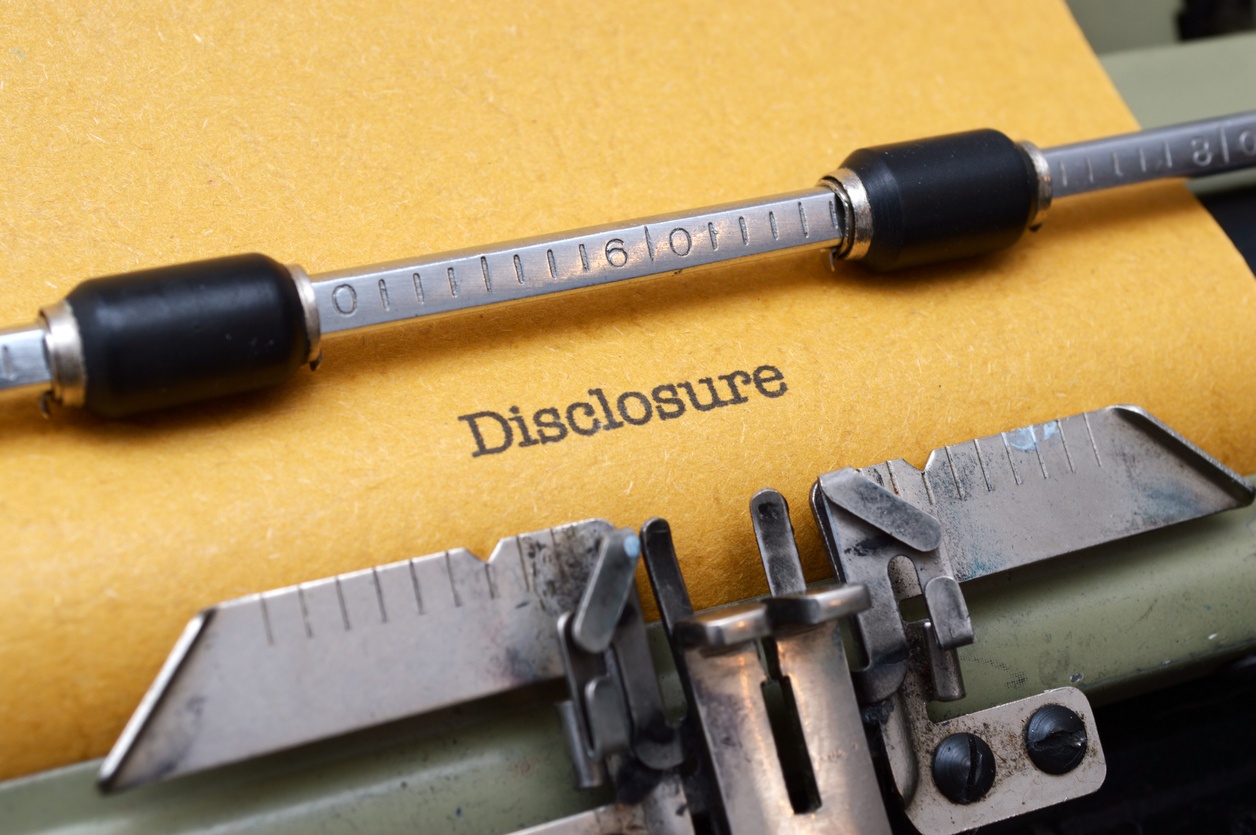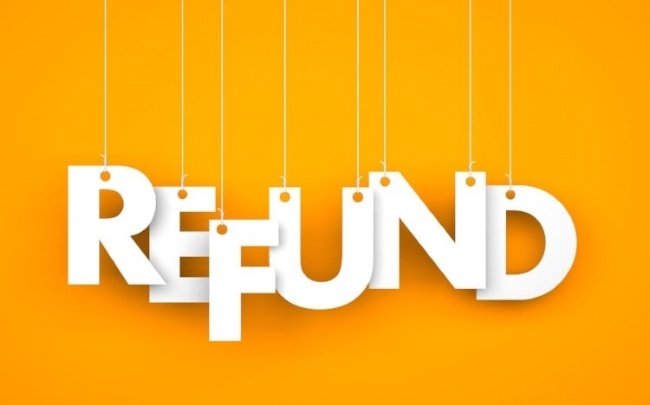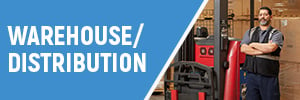Importing restricted products into the U.S. is achievable. With certain documentation, companies can ensure their goods clear U.S. Customs at the port of entry.
Some items are not permitted into the United States under any circumstances. These goods are often referred to as "prohibited items." Importing such products is illegal, resulting in sharp penalties and other costly consequences.
Importing Restricted Products, Mission Impossible? Maybe Not.
Topics: Supply Chain Management, International Trade Compliance & Enforcement
Found US Import Entry Errors? Submit a Prior Disclosure.
Finding your way around US Customs compliance isn't easy. There are many regulations and laws to abide. Sometimes you detect errors on your entries, and they must be corrected right away. Submitting a prior disclosure is not only the best way, but maybe the only way to communicate to CBP as you detect errors.
Topics: Customs Consulting, International Trade Compliance & Enforcement
Protect Your Brand from Intellectual Property Infringement
First of all, you don't want to be the one caught importing counterfeit or pirated goods. Period. It's a huge industry, and US Customs and Border Protection (CBP), and other developed countries enforcement professionals are cracking down. Heavy fines and even criminal charges can be filed against importers who engage in intellectual property right infringement.
Topics: Supply Chain Management, Customs Consulting, International Trade Compliance & Enforcement
Topics: Customs Consulting, International Trade Compliance & Enforcement
Duty Drawback: Are You Eligible for a Rebate?
Drawback, a.k.a, duty drawback was initially established in 1789 as an export incentive program to promote U.S. innovation and manufacturing around the world. 229 years later, after several revisions, it's still in effect!
Topics: Customs Consulting, International Trade Compliance & Enforcement



















